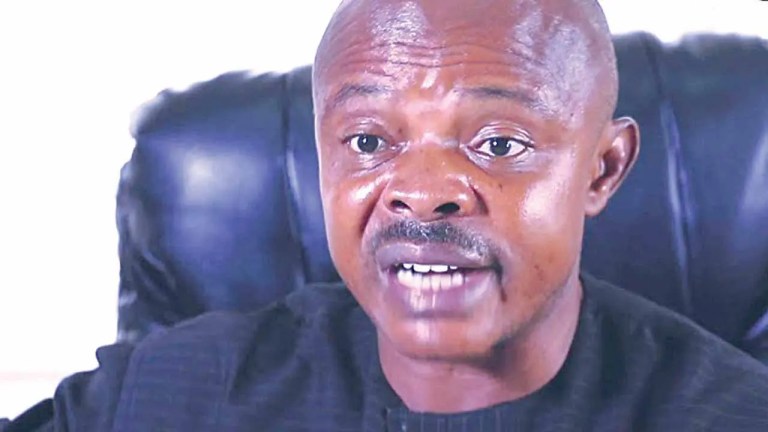PAG Felicitates Muslims on Commencement of Ramadan Fast
February 18, 2026TOP TEN MUSLIM UNIVERSITIES IN AFRICA
February 14, 2026ANALYSIS: Why Nigeria GDP is not the best in Africa Despite having the largest market
February 10, 2026Tinubu Proposes N200,000 Minimum Wage Demand: NLC Assembles Negotiation Team
Tinubu Proposes N200,000 Minimum Wage Demand: NLC Assembles Negotiation Team

In the wake of President Bola Ahmed Tinubu’s commitment to implementing a “national living wage” in the New Year, the Nigeria Labour Congress (NLC) has assembled a team to engage in negotiations with the government.

The minimum wage, negotiated in 2018, is set to expire in April 2024, as each agreed minimum wage typically spans a five-year period. In his New Year address, Tinubu affirmed the government’s dedication to the economic well-being of the vulnerable and working-class citizens, pledging to introduce a new national living wage. The President of the Nigeria Labour Congress, Comrade Joe Ajaero, sheds light on the factors influencing the determination of the forthcoming minimum wage in this interview, suggesting that the figure may not fall below N200,000, according to Labour’s preferences.
Here are the key points from the interview:
The committee for the minimum wage review has not been constituted as of the interview, but the names of representatives from the labor side have been submitted. Delays in the committee’s formation have been noted.
A Memorandum of Understanding established a timeframe for the lapse of the current minimum wage and the commencement of a new one. However, the government has faced criticisms for not fully honoring previous agreements, including the N35,000 wage award for petrol subsidy palliative.
When discussing the potential new minimum wage, Ajaero emphasizes the need to consider economic indices. While not explicitly confirming the N200,000 figure, he points out the necessity of adjusting proposals based on prevailing circumstances, such as currency devaluation. Specific details of the labor proposal are not disclosed in the interview, but Ajaero hints at a strategic approach. He assures that the details will become public knowledge when finalized.
Factors like the cost of living, currency devaluation, and comparisons with economically similar countries will play a significant role in the negotiation process. The potential new minimum wage is expected to take effect in April, coinciding with the expiration of the current minimum wage lifespan.
Ajaero addresses concerns about the government’s commitment to meeting wage awards, highlighting that the government must fulfill agreements, and arrears, including the N35,000 award, should be paid The implementation of wage awards is acknowledged to vary across sectors, with some complying promptly and others facing delays. Ajaero suggests a sector-specific approach to ensure compliance in both private and public sectors.
In summary, the interview provides insights into the ongoing preparations for the review of the minimum wage in Nigeria, emphasizing the need for a comprehensive and fair approach to address the economic concerns of the country’s workforce.
END.








